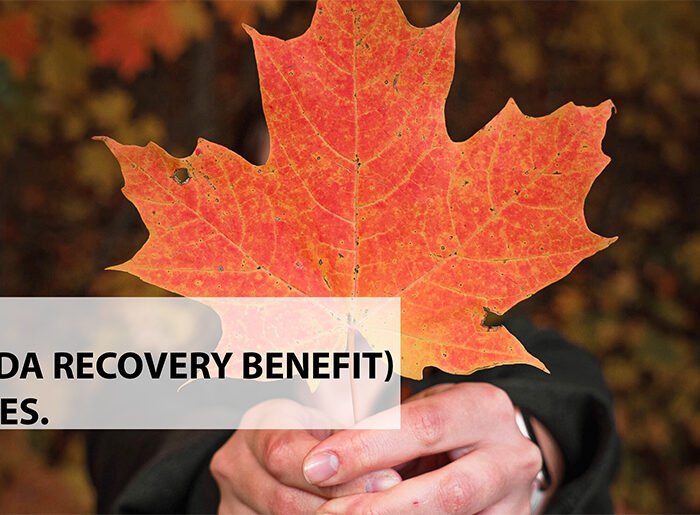05
Oct
CRB (CANADA RECOVERY BENEFIT) UPDATES
CRB (CANADA RECOVERY BENEFIT) UPDATES
The following information has been updated as of October 5, 2020.
By now anyone who had and is currently relying on the CERB would be more than happy to know that the Government is planning to replace it with the soon-to-be-implemented CRB (Canada Recovery Benefit). This new proposed benefit scheme would work similar to CERB, but with a few additional restrictions.
WHAT’S DIFFERENT BETWEEN CERB & CRB?
The most notable difference between CERB and CRB is that with CRB, there was a cap of $1000 employment income that you could earn outside of it; in other words, you can earn more with the CRB. While on the CRB, workers can earn up to $3800 per month or $46,000 per annum. There is a catch though; claimants must pay $0.50 for each dollar above their net annual income if it exceeds $38,000.
The next interesting aspect of CRB that sets it apart from CERB is that the CRB payment are in fact retrospective meaning you will only receive payment after two weeks from the date of applying for the benefit (during which you must experience a loss of income). The CERB was prospective you would receive the payments in advance for the upcoming two weeks.
As an example, if you were to switch from CERB (which ended on September 27, 2020) to CRB, you would be eligible for the first CRB payment on October 11, 2020.
Another key facet is that the CRB applications would be handled exclusively by the CRA, whereas the CERB had both the CRA and Service Canada pulling the strings. Why this is important you will need a CRA account to apply for CRB (for CERB all you needed to do was either call or click on a link in Service Canada. This could potentially make it harder for people who don’t meet the $5000 previous year income threshold.
ELIGIBILITY CRITERIA:
To be deemed eligible for the CRB, you need to meet the following conditions for the two-week benefit period.
- You had a 50% reduction in your average weekly income while comparing to the previous year due to COVID-19.
- You were not working for reasons relating to COVID-19
- You didn’t apply for any of the following: Canada Recovery Sickness Benefit (CRSB), Canada Recovery Caregiving Benefit (CRCB), short-term disability benefits, workers’ compensation benefits, EI benefits or Quebec Parental Insurance Plan (QPIP) benefits
- Have a SIN, was present in Canada, above 15 years old
- Earned at least $5000 (before deductions) in 2019, 2020 or 12 months prior to date of application from employment income, self-employment income or maternity and parental benefits from EI or similar QPIP benefits.
- You did not quit your job or reduced hours voluntarily on or after September 27,2020
- You were actively seeking work during these 2 weeks either as an employee or in self-employment
IF YOU ARE ELIGIBLE:
- You can receive $1000 for the two weeks, however, it will actually be just $900 because $100 of taxes are withheld. Yes, just like the CERB, CRB is also taxable.
- You can apply for a maximum of 26 weeks (or 13 income periods). The CRB program lasts 52 weeks.
– Please note the eligibility requirements that you have to confirm for each period that you apply. They are different than CERB. (https://www.canada.ca/en/revenue-agency/services/benefits/recovery-benefit/crb-who-apply.html)
The earliest you can apply for the CRB is on Oct 12, 2020. You can apply for the CRB here at https://www.canada.ca/en/revenue-agency/services/benefits/recovery-benefit.html



